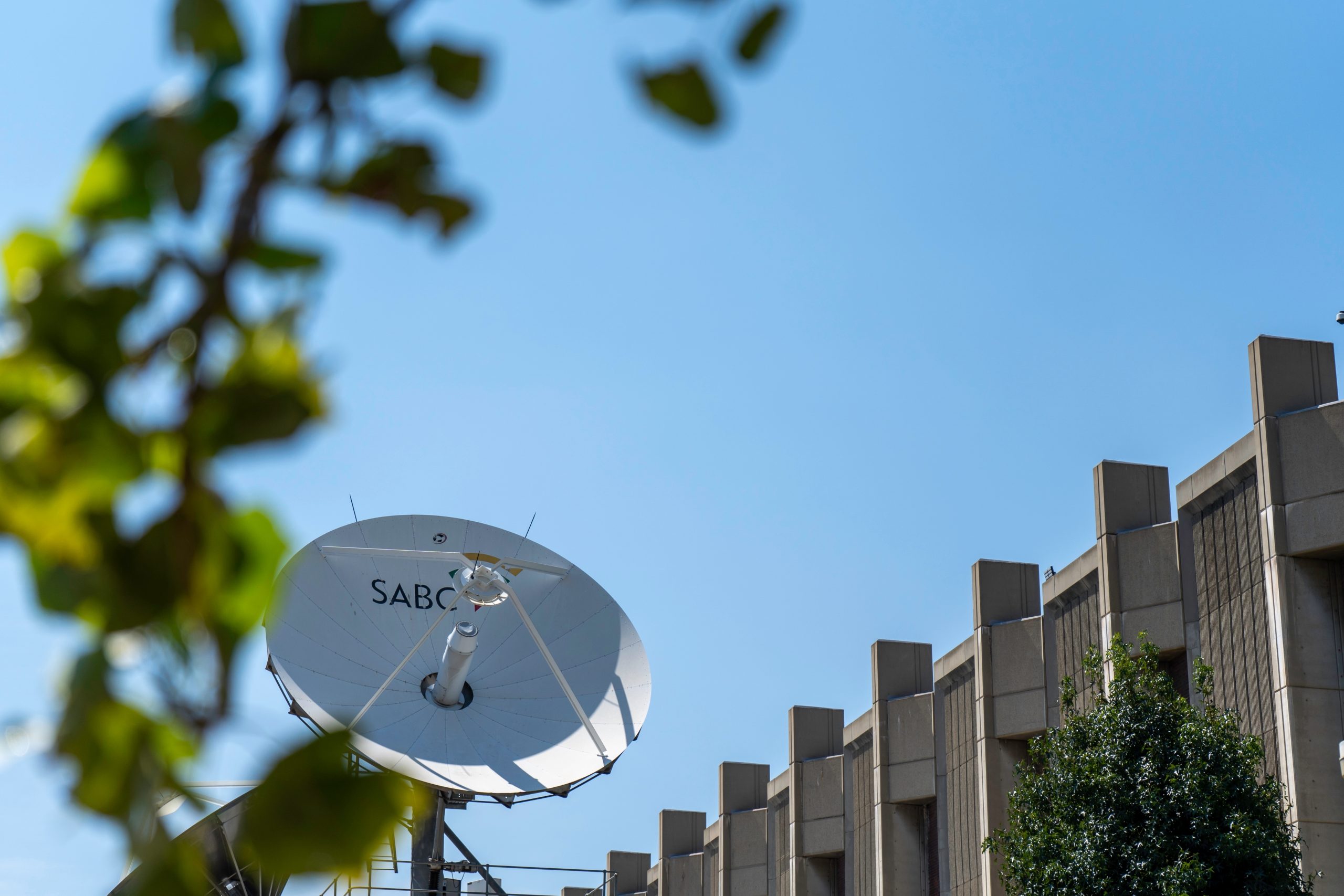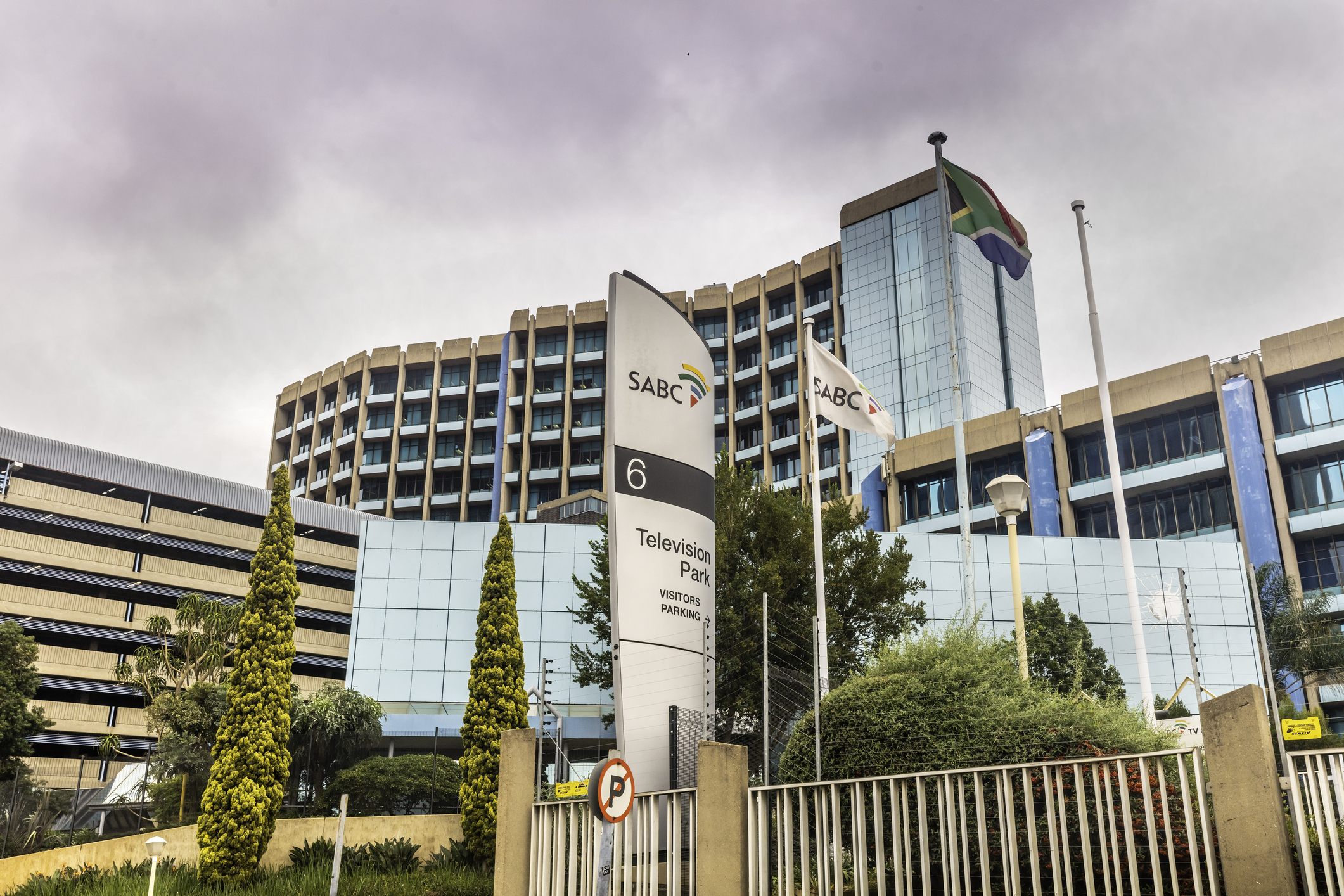Calls to “expedite” SABC board appointments following delays
21 October 2022
The new board of South Africa’s public broadcaster has still not been appointed, due to delays in the candidate vetting process. Meanwhile, the public broadcaster’s financial woes persist despite nearly completing its turnaround plan.

The five-year tenure of SABC’s board ended on 15 October, yet their replacements have not even been identified, with the 34 remaining candidates still undergoing background checks by the State Security Agency. Consequently, the communications sub-Committees have been unable to make any recommendations to the National Assembly as to who should be appointed.
SABC’s board consists of 12 non-executive and three executive members who are responsible for the strategic decision making for the public media organisation. They ensure that the SABC complies with its Charter and in turn, ensures its independence and sustainability.
“SOS calls for the SABC Board appointments to be expedited to prevent potential destabilisation” – Uyanda Siyotula, Support Public Broadcasting Coalition (SOS) National Coordinator
The delays have raised fears about how a Board-less SABC might be destabilised. But Boyce Maneli, chair of the Portfolio Committee on Communications and Digital Technologies, urged legislators to allow for the vetting process to continue, so that “history does not repeat itself”. In previous years, candidates had been appointed but were later found unfit for the role, News24 reported.
But while Mr. Maneli emphasised that there was “no political intention to stall the process”, the lobby group, Support Public Broadcasting Coalition (SOS), denounced the Committee for the delays in the SABC Board appointment process, including not launching the public consultation process in time.
“SOS calls for the SABC Board appointments to be expedited to prevent potential destabilisation. We reiterate our call for the Board to be made up of members of the best possible calibre and skillset, committed to ensuring progressive stabilization by continuing and improving the turn-around strategy initiated by the outgoing Board,” SOS National Coordinator Uyanda Siyotula wrote in a recent statement.
Ms. Siyotula also called on the Portfolio Committee to “improve its internal processes to provide adequate oversight to [the] broadcaster and to ensure that critically-important Parliamentary processes, such as Board recommendations, are conducted timeously to avoid this situation arising in future.”
During the consultation process, SOS also expressed concerns about the shortlisting of four candidates in particular, citing the “lack of integrity and transparency” of two current board members, a “conflict of interest” with a third candidate, and unresolved “serious allegations” of a fourth. The Coalition also condemned the fact that the public were given less than two working days to make written submissions on shortlisted candidates before the interviews proceeded. They will only know if their concerns were taken into consideration when the Committee makes their recommendations.
SABC’s financial pressures persist
Meanwhile, in its latest annual report, the SABC recorded another financial loss of 201 million South African rand (£9.8 million) for the 2022 financial year. The Auditor General – who flagged an irregular expenditure of R91 million and accused the organisation of wasteful expenditure for buying content that was never broadcast – reported that it was “doubtful” that the SABC could “remain operational”.
According to SABC Group CEO, Madoda Mxakwe, the losses were significantly lower than previous years. He explained that the major challenge for the public broadcaster is the cost of the “unfunded public mandate”, such as the news division, and the cost of acquiring sports rights to broadcast the 2021 Olympics. He also anticipated the additional costs that will be carried by SABC for the upcoming general election coverage in 2024, without any financial assistance, and reiterated that only 3% of SABC’s funding comes from the government.
While the turnaround plan – a strategy launched in 2020 to improve the culture and financial viability of SABC – is now 98 percent complete, it “takes time” for conditions to improve, Mr. Mxakwe explained.
The annual report also revealed that licence fee evasion rates still remain high at 81.7% in 2022, just slightly down from 82.1% in 2021. The public broadcaster has been pushing for there to be a device-independent public media levy to replace the current TV licence fee system and make the organisation more financially viable. In this new system, the fee would be mandatory, even if South Africans do not watch SABC content but have access to it. South Africa’s governing party, the African National Congress (ANC) party, has announced in recent months its decision to push forward with this proposal.
Read more: Beyond the licence fee: more PSM considering new funding models
IN OTHER NEWS
South Africa’s government recently announced that it has now installed more than one million set-top boxes – devices that convert digital signals to analogue – as part of the national digital migration process. More are still to be installed following the 30 September STB application deadline.
Minister of Communications and Technologies, Khumbudzo Ntshavheni, is still yet to announce the analogue switch off (ASO) date, after it was indefinitely delayed in June by the Constitutional Court, which ruled the 30 June implementation date and imposed registration deadline “unconstitutional”.
But lobby and civil society groups such as SOS and Media Monitoring Africa (MMA) are also still waiting for the public consultation process to be announced with industry stakeholders – as ordered by the Constitutional Court – before deciding the date of the ASO.
Meanwhile, on 19 October, South Africa celebrated its national Media Freedom Day in commemoration of the 45th anniversary of ‘Black Wednesday’, in reference to when independent voices were silenced by the apartheid regime with the shutdown of several publications on 19 October 1977. But the current state of media freedom in the country today remains concerning, with journalists still subject to threats, harassment, and attacks for their work. In a recent case, the former president Jacob Zuma took a journalist to court, in what is considered to be a “serious attack on freedom of expression in the country”, SABC reported. Such incidents are contributing to South Africa’s fall in global press freedom rankings in recent years.
The absence of an SABC board is extremely concerning. Public media organisations need governance to function properly and independently, and every day that SABC goes without a properly elected board presents a risk to its independence and accountability. The current appointment process must be completed efficiently and used as a learning point for future appointments. We have seen elsewhere around the world where inadequate governance systems have been exposed to abuse and exploitation by political actors, to undermine the independence and impartiality of public broadcasters.
As for the digital migration process, the Public Media Alliance is supportive of the motive and it has great benefits, but ultimately it must not leave audiences behind, especially those in rural areas or on low incomes. Public media needs to be accessible, so the digital migration should not deprive people of access to information. This is vital during times of crisis and especially with the upcoming elections when people need access to trusted, quality, and independent information. We also support the need for a public consultation process to take place promptly, with the involvement of relevant industry stakeholders helping to provide informed insight and expertise into an appropriate ASO date.
Related Posts
8th July 2022
South Africa: digital migration indefinitely delayed
South Africa's digital migration has…
13th May 2022
Will South Africa’s long-awaited analogue switch-off still go ahead?
The switch-off’s initial 31 March…
4th April 2022
South Africa: High Court postpones digital TV migration after pushback
South Africa’s digital TV switchover…
